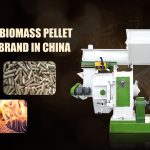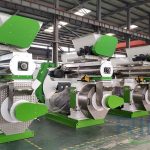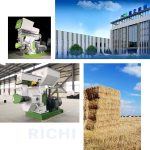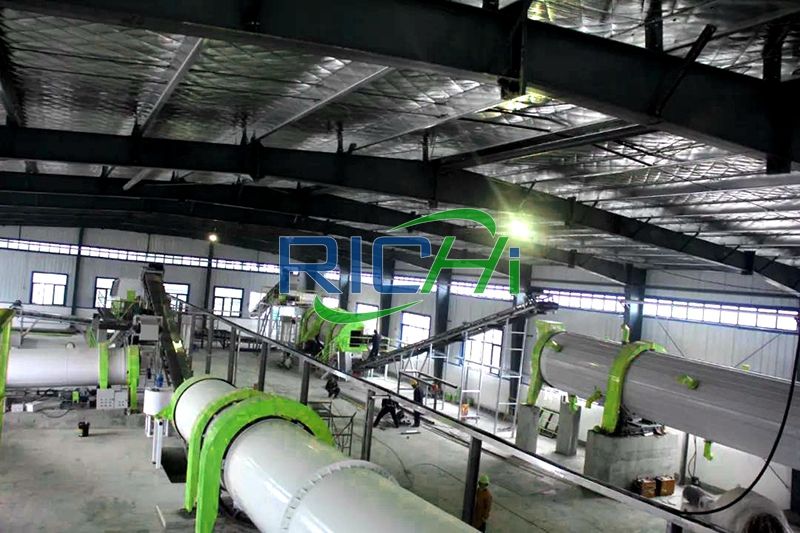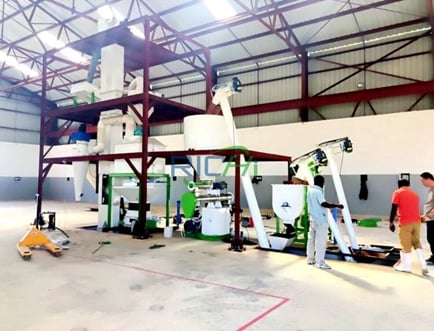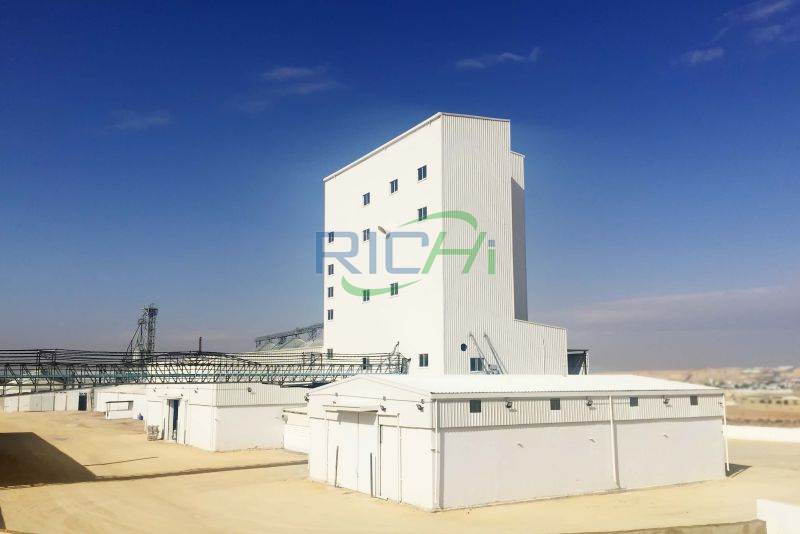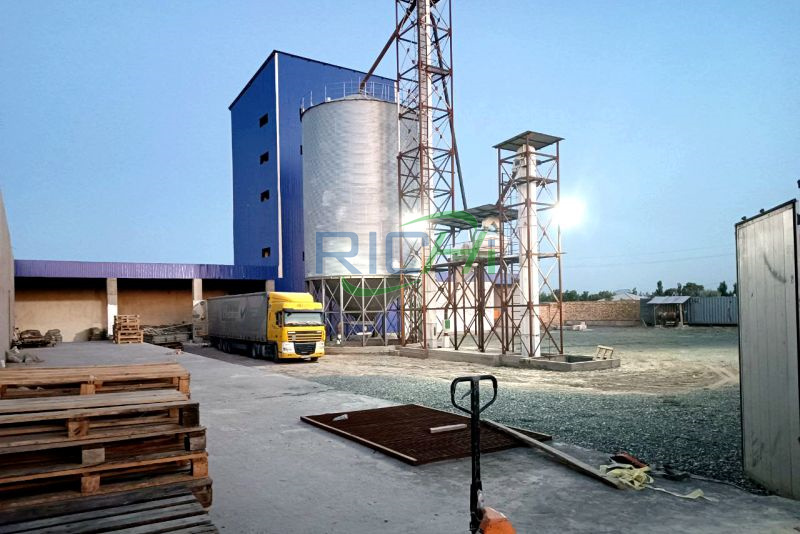In today’s rapidly changing agricultural landscape, the push for sustainable and environmentally friendly practices is more important than ever. Faced with challenges like climate change, soil degradation, and a growing global population, organic fertilizers have emerged as a crucial solution. These fertilizers not only nourish the soil but also minimize environmental impact, making them a key player in modern agriculture. At the heart of this movement are organic fertilizer pellet production lines, which efficiently convert organic waste into nutrient-rich soil amendments, fostering a more resilient agricultural ecosystem.
The Rise of Organic Fertilizers
Traditional chemical fertilizers, while effective in boosting crop yields, come with significant environmental drawbacks, such as soil degradation, water pollution, and greenhouse gas emissions. Organic fertilizers, derived from natural sources like animal manure, plant residues, and compost, offer a sustainable alternative. They provide essential nutrients for plants and improve soil health by enhancing structure, water retention, and microbial activity. This holistic approach promotes long-term fertility, reduces erosion, and increases the resilience of agricultural systems.
The Organic Fertilizer Production Process
Creating organic fertilizer involves several key stages, each essential for transforming raw organic materials into a stable, nutrient-rich product suitable for agricultural use:
- Raw Material Handling and Preparation: Organic waste materials such as animal manure, crop residues, food waste, and municipal green waste are collected and sorted. These materials are then preprocessed—shredding, drying, and size reduction—to ensure they are ready for the next stages.
- Composting and Fermentation: The preprocessed materials undergo controlled composting or fermentation, facilitated by specialized equipment. Beneficial microorganisms break down the organic matter, releasing nutrients and stabilizing the material.
- Screening and Separation: Post-composting, the material is screened to remove contaminants like plastics and metals, ensuring the final product meets quality standards.
- Granulation and Drying: Depending on the desired form, the organic fertilizer may be granulated or pelletized. This step involves adding binding agents and drying to achieve the required moisture content and physical characteristics.
- Packaging and Storage: The final product is packaged in various formats and stored in controlled environments to maintain quality until distribution.
Throughout this process, strict quality control measures ensure that the organic fertilizer meets regulatory standards and customer specifications, including nutrient content, pH levels, moisture content, and absence of harmful pathogens.
Related post: https://www.richipelletmachine.com/organic-fertilizer-production-plant-cost/
Technological Advancements and Automation
Recent technological advancements have revolutionized the organic fertilizer production industry. Automated systems, computerized process control, and advanced monitoring technologies have streamlined production, reducing waste and ensuring consistent quality. The integration of Internet of Things (IoT) technologies allows for real-time monitoring and data collection, optimizing process parameters and predicting maintenance needs.
Moreover, the industry has adopted sustainable practices, such as using renewable energy sources, implementing energy-efficient equipment, and exploring innovative waste management strategies, minimizing the environmental footprint of production.
Benefits and Applications of Organic Fertilizers
Organic fertilizers offer numerous benefits beyond plant nutrition:
- Improved Soil Health: They enhance soil structure, water retention, and microbial activity, promoting long-term fertility and reducing erosion.
- Reduced Environmental Impact: Unlike chemical fertilizers, organic fertilizers do not cause water pollution, soil acidification, or greenhouse gas emissions.
- Increased Crop Resilience: Plants grown with organic fertilizers often show better resistance to pests, diseases, and environmental stresses, improving yields and quality.
- Nutrient Cycling: They promote the natural cycling of nutrients, reducing the need for external inputs and fostering sustainable agriculture.
- Diversified Agricultural Practices: Using organic fertilizers supports sustainable practices like crop rotation and cover cropping, enhancing biodiversity and ecosystem resilience.
Organic fertilizers are used in various agricultural sectors, including conventional and organic crop production, horticulture, landscaping, and home gardening. With growing consumer demand for organic and sustainably produced food, organic fertilizer production lines are becoming increasingly essential.
Challenges and Future Outlook
The organic fertilizer industry faces several challenges, primarily the consistent supply of high-quality organic waste materials. Effective waste management systems and partnerships with municipalities, agricultural operations, and other waste generators are vital. Another challenge is the standardization and regulation of production processes and product quality. Clear guidelines and certification systems can help ensure consumer confidence and wider adoption of organic fertilizers.
Despite these challenges, the future of the organic fertilizer industry looks promising. As the global population grows and climate change impacts become more severe, the need for sustainable agricultural practices will intensify. Organic fertilizer production lines will play a crucial role in this transition, providing farmers with the tools to enhance soil health, boost crop productivity, and support a more resilient and environmentally friendly food system.
Ongoing research and innovation, particularly in nutrient recovery, microbial inoculants, and precision agriculture, will further improve the efficiency and effectiveness of organic fertilizer production and application. Collaboration between industry, academia, and policymakers will be key to driving these advancements and fostering a sustainable approach to agriculture.
In conclusion, organic fertilizer production lines are essential to the sustainable agriculture movement. By transforming organic waste into valuable soil amendments and leveraging technological advancements, these systems help nourish the earth, support food security, and promote a healthier planet for future generations.
